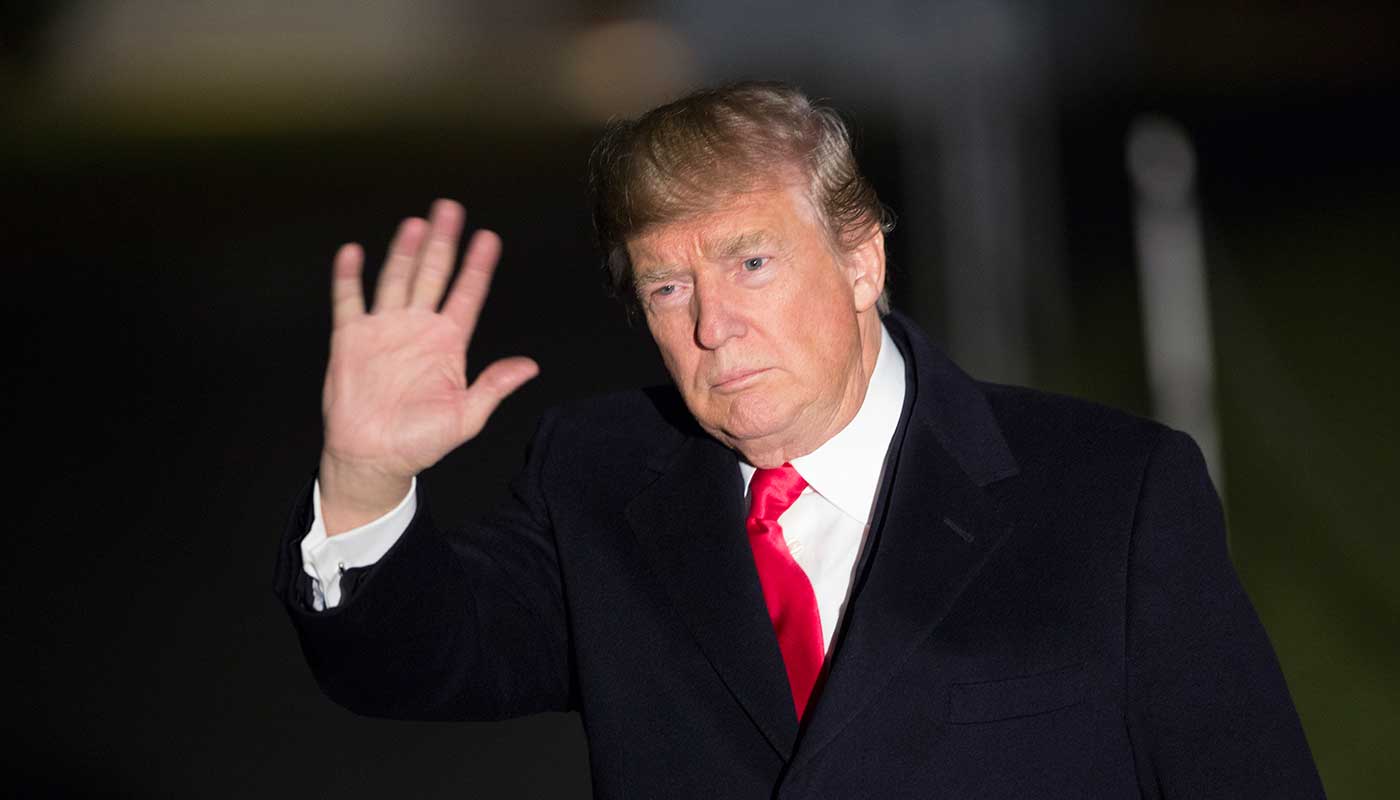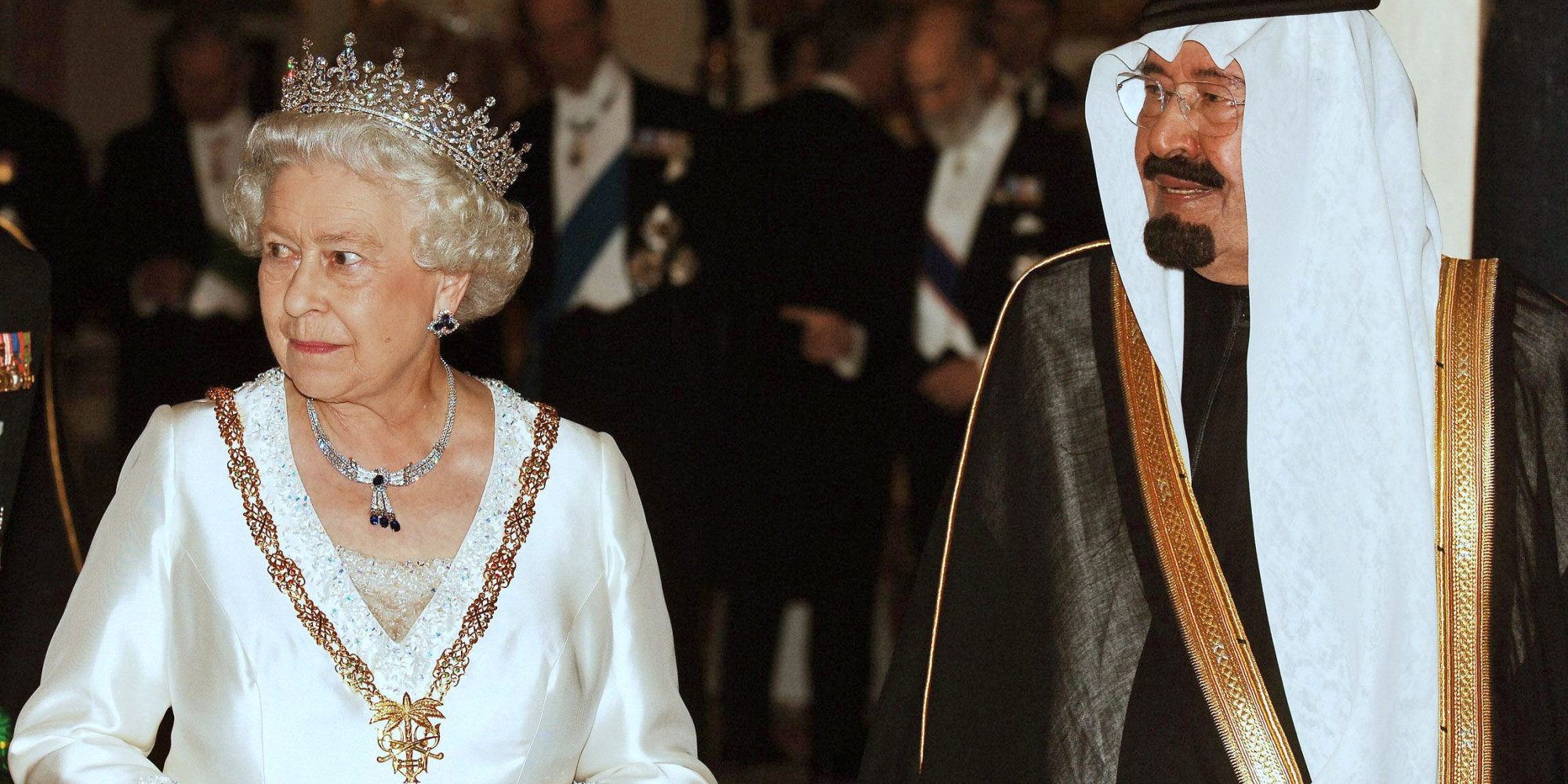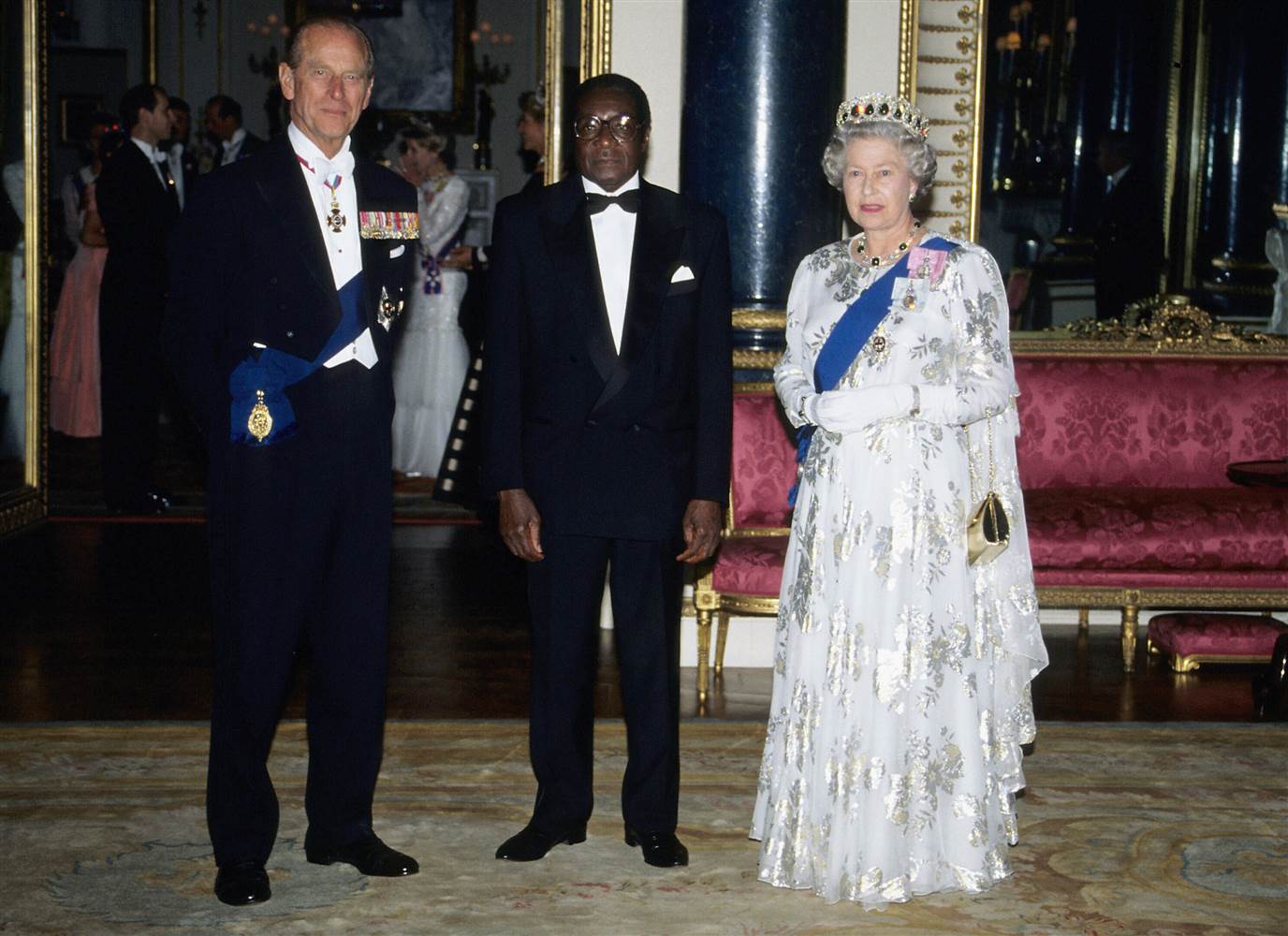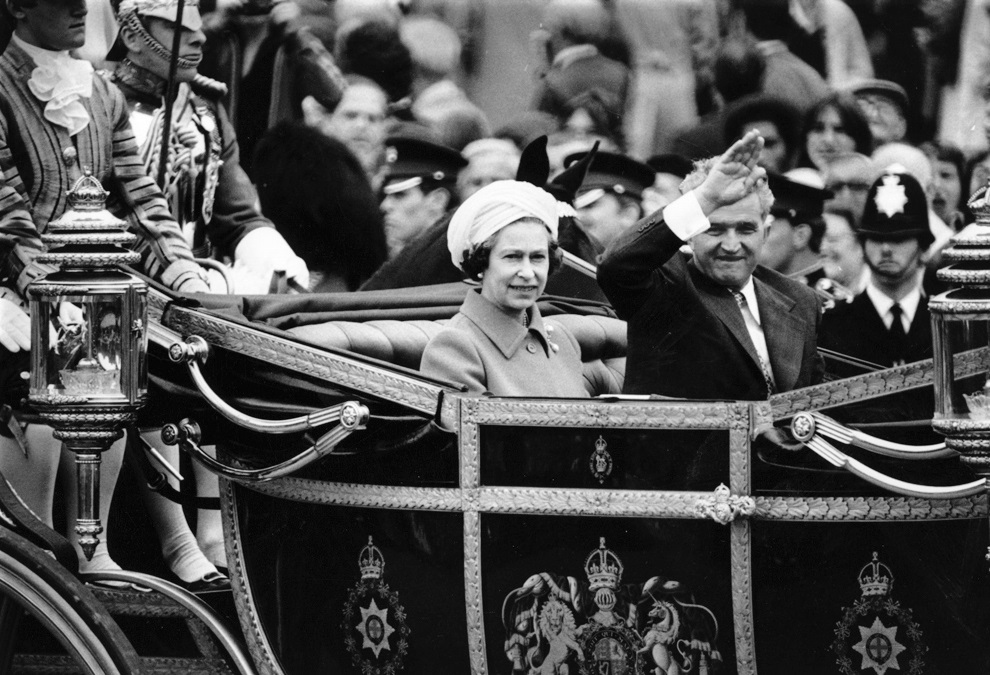Donald Trump’s state visit and the UK’s history of problematic guests
US president to visit Britain in June, joining a long list of controversial leaders to meet the Queen

A free daily email with the biggest news stories of the day – and the best features from TheWeek.com
You are now subscribed
Your newsletter sign-up was successful
The announcement that Donald Trump will touch down in Britain for an official state visit in June has been met with fury from some MPs and campaigners.
The trip, from 3 to 5 June, is expected to include a meeting with the Queen and prime minister, as well as a special event in Portsmouth to mark the 75th anniversary of the D-Day landings.
The offer of a state visit was first extended to Trump by Theresa May back in February 2017, although this was scaled back to a working visit in 2018 after widespread opposition.
The Week
Escape your echo chamber. Get the facts behind the news, plus analysis from multiple perspectives.

Sign up for The Week's Free Newsletters
From our morning news briefing to a weekly Good News Newsletter, get the best of The Week delivered directly to your inbox.
From our morning news briefing to a weekly Good News Newsletter, get the best of The Week delivered directly to your inbox.
Trump will be only the third president, after George W. Bush and Barack Obama, to be granted a full-blown state visit.
During such occasions it has become customary for the leader of the free world to address parliament, although The Sun reports that Trump “plans to stay away from angry MPs” and will instead speak to an audience of US troops at RAF Lakenheath in Suffolk.
A row erupted between ministers and Speaker John Bercow yesterday over whether to invite the president to speak to parliamentarians.
“Details such as whether Trump will travel down The Mall in a carriage - a staple of such visits - have yet to be finalised,” but “British officials doubted that his security arrangements would permit one”, says The Times.
A free daily email with the biggest news stories of the day – and the best features from TheWeek.com
It is understood that Buckingham Palace will host a state banquet for Trump and his wife, Melania, although the couple are not expected to stay there because renovations are underway.
Anti-Trump campaigners have already pledged to disrupt the trip with a massive demonstration that they hope will dwarf the one seen during his last visit to the UK.
Nevertheless, Trump will not be the first controversial world figure hosted by the Queen.
Here are some of her more divisive guests:
Xi Jinping, 2015
When Chinese President Xi Jinping visited Buckingham Palace in 2015, the significant - if covert - effort by Chinese diplomats to ensure he got a warm welcome began three hours before his arrival, with large crowds of Chinese nationals massing on London’s Mall.
By 9am, “the crowd, many of them students at British universities, were lined up along the road, most wearing ‘I heart China’ T-shirts, with China flag stickers on their cheeks and busy tying vast red and gold banners to the security railings,” The Guardian reported at the time.
But police were forced to intervene when human rights protesters turned up, with an 81-year-old Free Tibet protester threatened with arrest after she refused an official request to move.
Critics also questioned the wisdom of awarding Xi a state visit following the losses in the UK steel sector, partially blamed on China pushing down prices.
Ai Wei Wei, a political activist and artist, accused then-prime minister David Cameron of “putting human rights aside” in his eagerness to secure deals worth billions of pounds.
King Abdullah, 2007

Saudi Arabian King Abdullah’s state visit to the UK also attracted protests and political controversy. Under Abdullah’s regime, Saudi citizens lived “under a strict Wahhabist interpretation of Sharia law, which mandates torture and arbitrary judicial murder”, according to the New York Daily News.
Demonstrators shouting “shame on you” lined The Mall during a royal procession, and critics called for the reopening of a corruption inquiry into a multibillion dollar arms deal. The Liberal Democrats boycotted all official events attended by the king over his human rights record.
Despite the furore, demonstrators did little to dissuade the Queen from putting on a lavish reception for the King.
Robert Mugabe, 1994

Post-Empire “Britain’s attempts to retain leverage in Africa also came a cropper with Robert Mugabe”, Zimbabwe’s first post-independence leader, says The Guardian’s Simon Tisdall. Mugabe got the royal treatment in 1994 when the Queen awarded him an honorary knighthood. But in 2008, she stripped the then-president of Zimbabwe of his honour.
“The decision to annul the knighthood was actually made by former PM Gordon Brown in light of the extreme nature of his [Mugabe’s] regime and its treatment of opposition members,” says The Independent.
Mugabe, on the other hand, “spent the ensuing period ridiculing the UK as a failed imperialist power, rigging elections and blaming London for his country’s problems”, says Tisdall.
Nicolae Ceausescu, 1978

It was the first state visit by a communist head of state to the UK, and Romania was well known as one of the most corrupt and oppressive of the Soviet Union’s Cold War satellite states.
At the time, the Queen took drastic steps to avoid spending time with the dictator, according to royal author Robert Hardman.
“While walking her dogs in the Palace gardens, she spotted Ceausescu and his wife, Elena, heading in her direction. As the Queen told a lunch guest some years later, she decided the best course of action was to hide behind a bush rather than conduct polite conversation,” Hardman writes.
Charles de Gaulle, 1960
The state visit of Charles de Gaulle in 1960 was embarrassing for a different reason. “The self-styled liberator of France despised the British and the British despised him,” says Tisdall.
“Part of the problem is that having hastily executed their royal family, the French feel resentful of Britain’s,” Tisdall adds.
De Gaulle’s visit to the Palace did little to change attitudes. Following that diplomatic disaster, mutual Anglo-French disdain became a tradition cherished by both sides.
This tradition was largely maintained by De Gaulle’s successors, Valery Giscard d’Estaing (1976), Francois Mitterrand (1984), Jacques Chirac (2004) and Nicolas Sarkozy (2008), all of whom reportedly complained about the food at the state banquet.